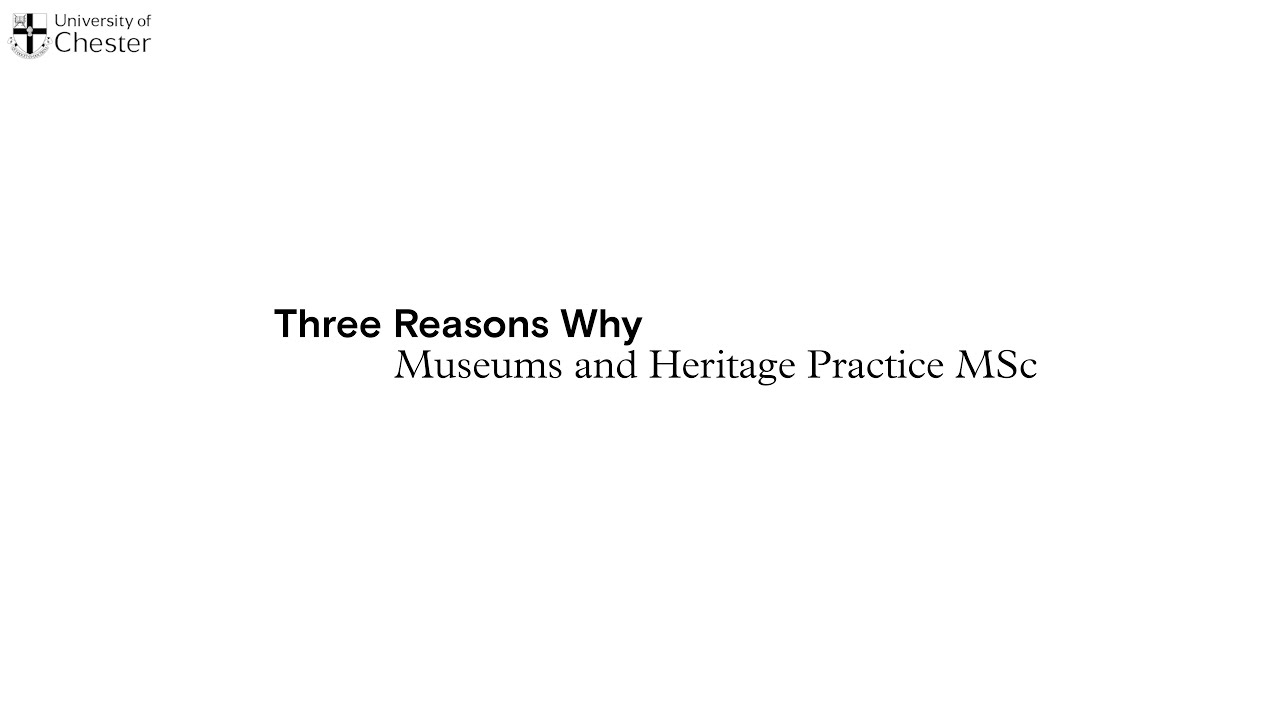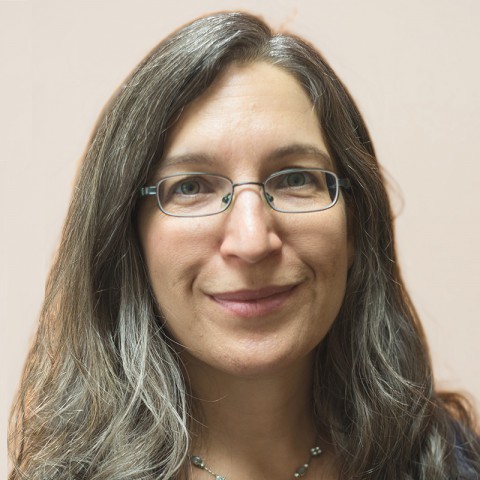Museums and Heritage Practice MSc


Museums and Heritage studies are crucial in understanding how the objects, sites and memories of past events and cultures are discovered, shared and preserved. You will study Museums and Heritage in theory and practice, investigating the qualities of artefacts, sites and cultural traditions, alongside debates that shape our relationship with the past and its future potential. We will explore the formation of cultural heritage, to understand how past social and political forces shape its survival and preservation and analyse how worldwide excavation and collecting still challenge modern museum collections.
The discovery, uses and interpretations of the past still respond to socio-political and economic needs, in local national and world heritage contexts. This course engages with academic specialists and professional practitioners, and examines case studies from Prehistory, Roman and Medieval sites to historic houses and modern museum collections, through the rich, beautiful and sometimes challenging heritage sites and collections of Chester, Shropshire, and nearby spectacular urban and rural landscapes in the Northwest, Midlands and Wales.
You will engage imaginatively with objects and sites alongside theories and principles governing heritage management best practices, informed by sector leaders (Museums Association, Collections Trust), becoming familiar with the roles of independents, civic organisations and major heritage agencies, including Historic England, Cadw National Trust and UNESCO. You will develop skills in museums and heritage practice, applying these critically through artefact and archival studies, collections care, audience and site research and interpretation. Developing advanced research techniques to better analyse the survival and care of objects, buildings and archaeological sites, you will develop skills in enhancing public engagement, interpretation and understanding, with opportunities to develop digital and practical skills, contributing to heritage in the future.
Our Professional Project module enables you to shape and pursue an independent research project or placement of your choice, or to work directly with varied academic staff and professional organisations from museums, heritage or archaeology in group research projects or placements, making it highly suitable for specialised or desk-based researchers, CPD, entrepreneurship or practice across the museums and heritage sector. This rich course prepares your skills for diverse careers in the British Heritage sector, or for advanced further study in global contexts.
What You'll Study
The MSc in Museums and Heritage Practice runs a condensed timetable across three terms with the fourth (summer) term dedicated fully to the research dissertation.
The information listed in this section is an overview of the academic content of the course that will take the form of either core or option modules and should be used as a guide. We review the content of our courses regularly, making changes where necessary to improve your experience and graduate prospects. If during a review process, course content is significantly changed, we will contact you to notify you of these changes if you receive an offer from us.

How we teach at the University of Chester
The principal methods of delivery will be a mixture of lectures, seminars, and individual tutorials.
You will be assessed through course work, written portfolios and finally a dissertation in your fourth term.
This will be a 12,000-word dissertation on a historical, archaeological, museums or heritage-related topic of their choosing.
Your Future Career
Job Prospects
Students may go on to find meaningful employment in the industry or pursue a research degree. Destinations include heritage organisations, museums, and the civil service or education sectors.
Careers service
The University has an award-winning Careers and Employability service which provides a variety of employability-enhancing experiences; through the curriculum, through employer contact, tailored group sessions, individual information, advice and guidance.
Careers and Employability aims to deliver a service which is inclusive, impartial, welcoming, informed and tailored to your personal goals and aspirations, to enable you to develop as an individual and contribute to the business and community in which you will live and work.
We are here to help you plan your future, make the most of your time at University and to enhance your employability. We provide access to part-time jobs, extra-curricular employability-enhancing workshops and offer practical one-to-one help with career planning, including help with CVs, applications and mock interviews. We also deliver group sessions on career planning within each course and we have a wide range of extensive information covering graduate jobs.

Museums and Heritage Practice MSc
Entry Requirements
2:2 honours degree
A 2:2 honours degree in a relevant discipline or an equivalent qualification is required. Prior experience in the museum and heritage sectors can be taken into account alongside academic qualifications.
2:2 honours degree
A 2:2 honours degree in a relevant discipline or an equivalent qualification is required. Prior experience in the museum and heritage sectors can be taken into account alongside academic qualifications.
Please note, some programmes have special entry requirements.
English Language Requirements
For more information on our English Language requirements, please visit International Entry Requirements.
Fees and Funding
£9,090for a full-time course (2026/27)
Guides to the fees for students who wish to commence postgraduate courses are available to view on our Postgraduate Taught Programmes Fees page. Here you will also find information about part-time fees and project/placement year fees.
£15,500for a full-time course (2026/27)
The tuition fees for international students studying Postgraduate programmes in 2026/27 are £15,500.
Please note: For MSc programmes where a placement or project year is undertaken there will be an additional charge of £2,900 for the placement/project year (due at the start of the second year of the course).
The University of Chester offers generous international and merit-based scholarships for postgraduate study, providing a significant reduction to the published headline tuition fee. You will automatically be considered for these scholarships when your application is reviewed, and any award given will be stated on your offer letter.
For more information, go to our International Fees, Scholarship and Finance section.
Irish Nationals living in the UK or ROI are treated as Home students for Tuition Fee Purposes.
Your course will involve additional costs not covered by your tuition fees. This may include books, printing, photocopying, educational stationery and related materials, specialist clothing, travel to placements, optional field trips and software. Compulsory field trips are covered by your tuition fees.
The University of Chester supports fair access for students who may need additional support through a range of bursaries and scholarships.
Full details, as well as terms and conditions for all bursaries and scholarships can be found on the Fees and Finance section of our website.











